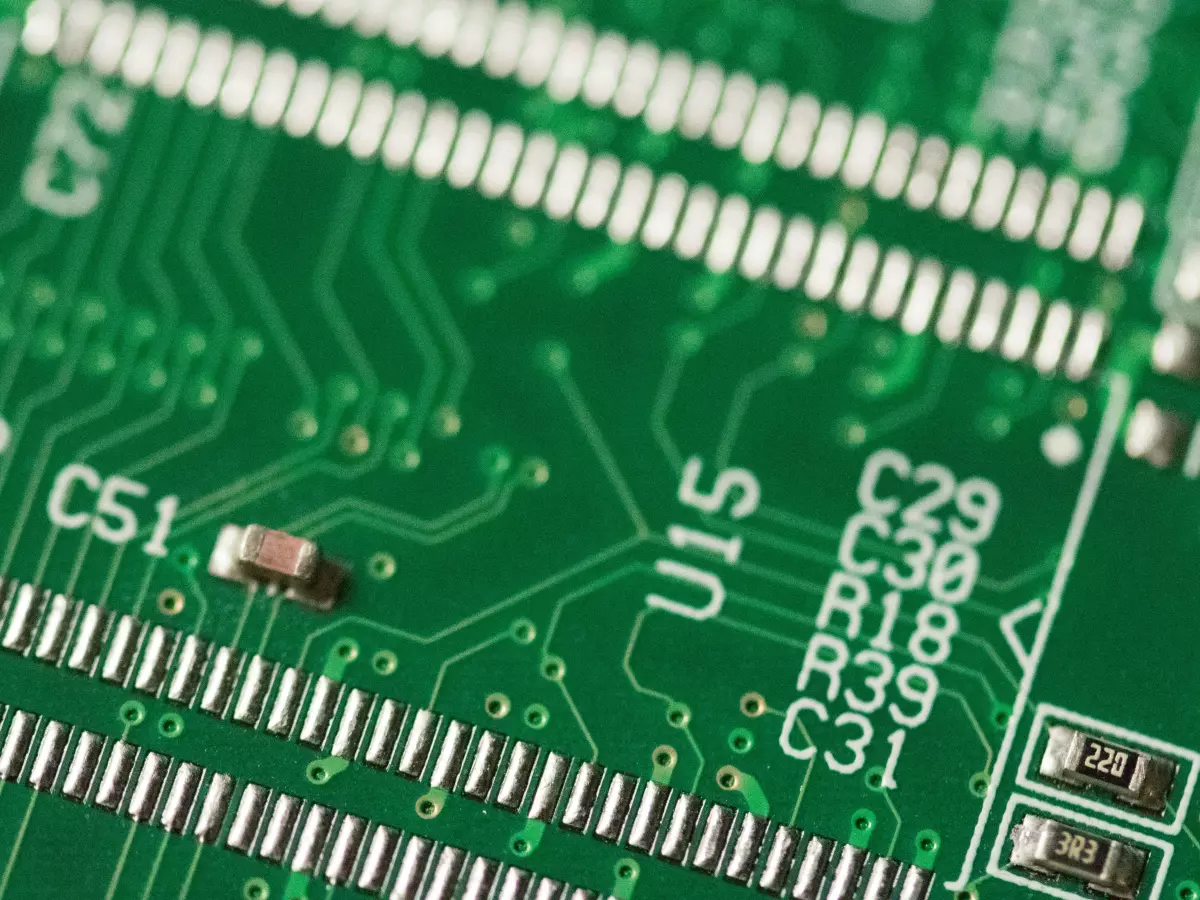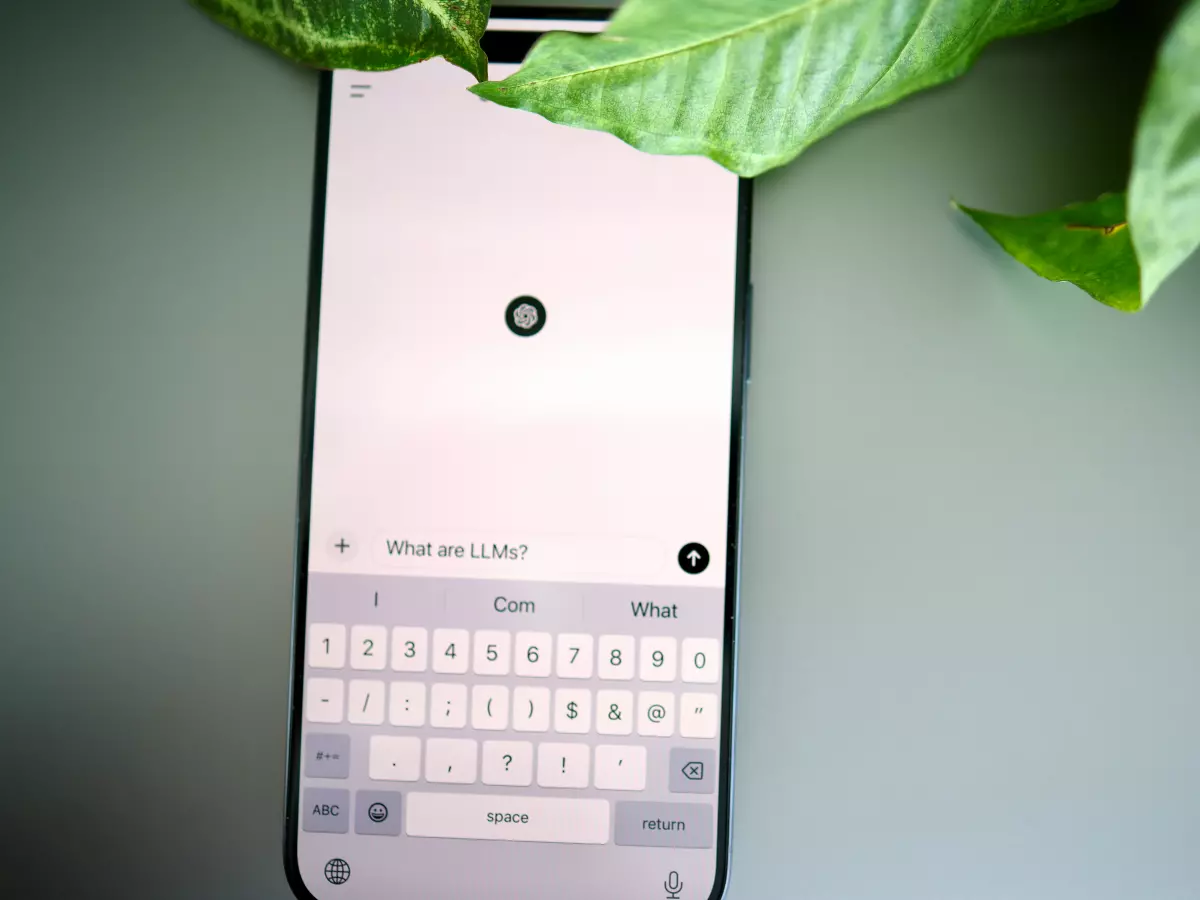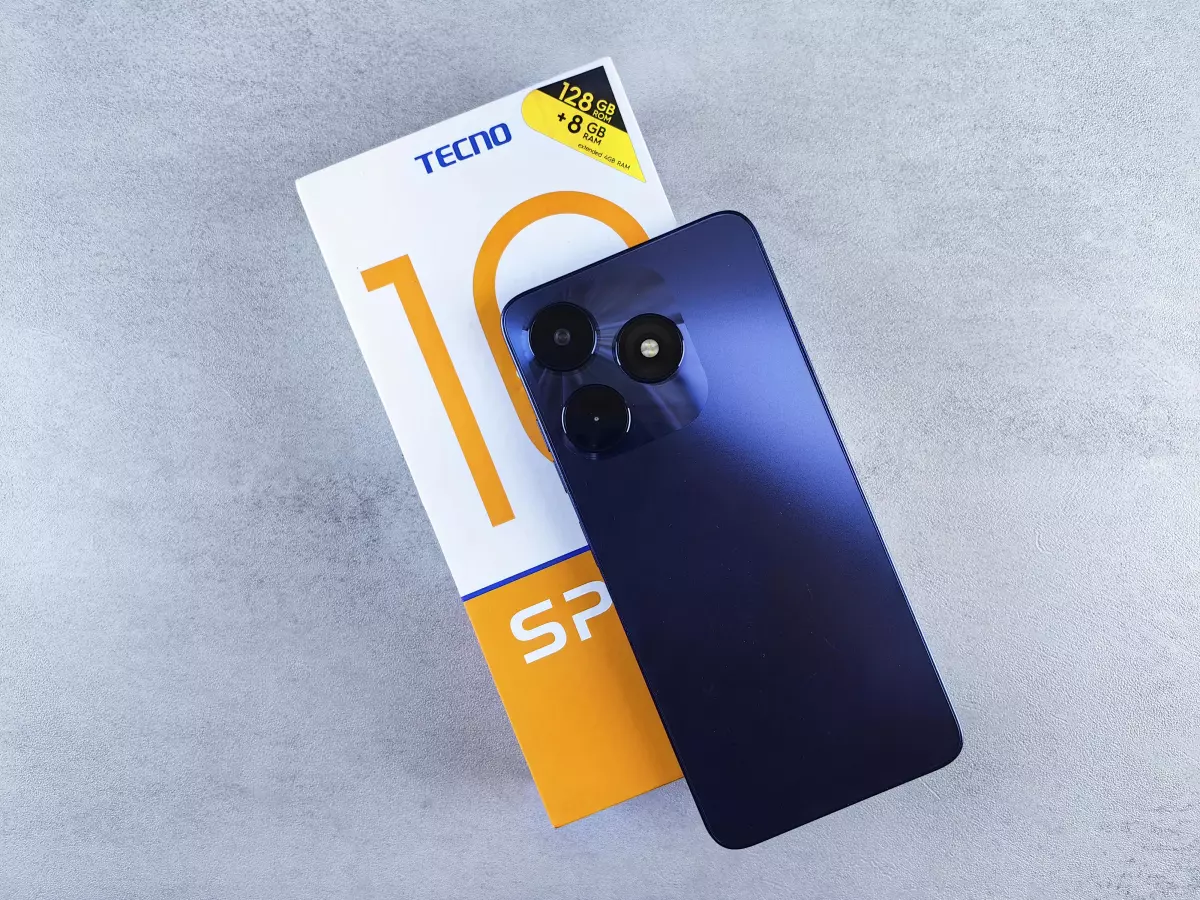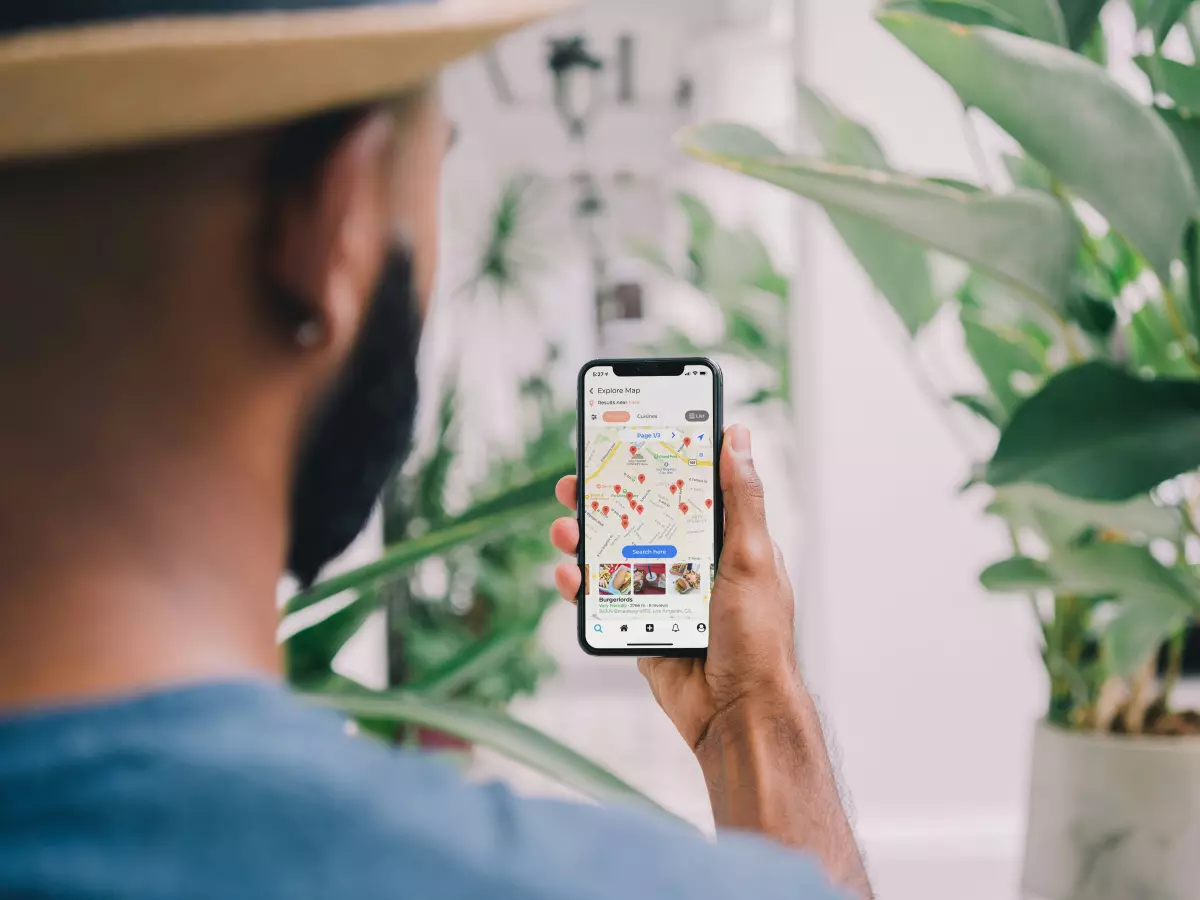Smartphone AI Revolution
Think your smartphone is just a pocket-sized computer? Think again. AI is quietly turning it into your smartest companion yet.
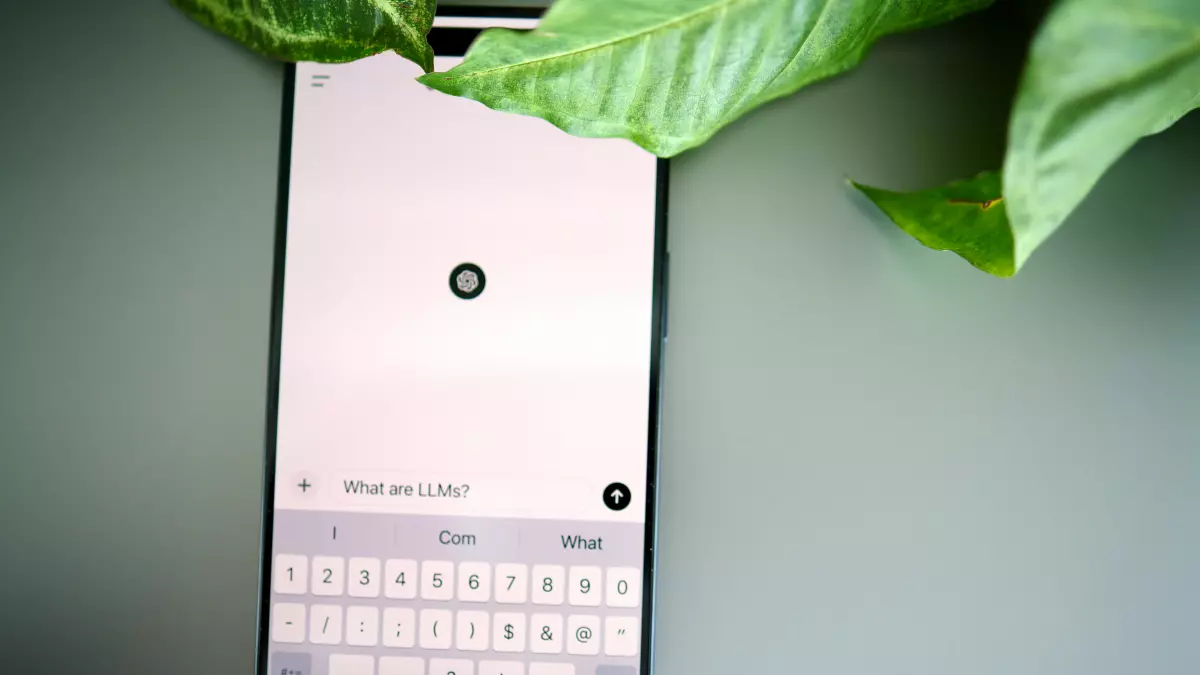
By Dylan Cooper
"Artificial Intelligence is no longer the future; it’s the present," says Dr. Emily Carter, a leading AI researcher. And nowhere is this more apparent than in the smartphones we carry every day. From predictive text to facial recognition, AI is the invisible force making your device smarter, faster, and more intuitive. But how exactly does it work, and where is it headed?
Let’s break it down. AI in smartphones isn’t just about flashy features like voice assistants or augmented reality filters. It’s woven into the very fabric of your device, enhancing hardware and software in ways you might not even notice. And trust me, once you see what’s under the hood, you’ll never look at your phone the same way again.
AI-Powered Cameras: Your Personal Photographer
Ever wondered how your phone captures stunning photos even if you’re no Ansel Adams? That’s AI at work. Modern smartphone cameras use AI to optimize settings like exposure, focus, and color balance in real-time. Some even recognize scenes—like sunsets or food—and adjust accordingly. The result? Photos that look like they were taken by a pro.
But it doesn’t stop there. AI also powers features like portrait mode, where the background is blurred to make the subject pop. And let’s not forget night mode, which uses machine learning to brighten low-light shots without making them grainy. Essentially, AI is turning everyone into a skilled photographer, no DSLR required.
Voice Assistants: More Than Just Chatty
Siri, Google Assistant, Alexa—these aren’t just gimmicks. They’re AI-driven marvels that can set reminders, answer questions, and even control your smart home. And they’re getting smarter. Thanks to advancements in natural language processing (NLP), these assistants now understand context better than ever. Ask your assistant to "play that song I like," and it knows exactly what you mean.
What’s more, AI is enabling these assistants to learn from you. The more you use them, the better they get at predicting your needs. It’s like having a personal secretary who knows your preferences inside out.
Battery Life: Smarter, Not Longer
Let’s face it: battery life is the Achilles’ heel of modern smartphones. But AI is stepping in to make the most of what you’ve got. By analyzing your usage patterns, AI can optimize power consumption, shutting down background apps you don’t use and allocating resources to the ones you do. Some phones even use AI to predict when you’ll need a charge and adjust performance accordingly.
It’s not just about saving juice, though. AI also helps with fast charging, ensuring your battery doesn’t overheat or degrade over time. So while we’re still waiting for batteries that last a week, AI is making sure the ones we have are as efficient as possible.
Personalization: Your Phone, Your Way
Remember when phones were one-size-fits-all? Those days are long gone. Thanks to AI, your smartphone can now adapt to your unique habits and preferences. From recommending apps based on your usage to curating news feeds tailored to your interests, AI makes your phone feel like it was made just for you.
Even the keyboard gets a boost. Predictive text and autocorrect are powered by AI, learning your typing style to suggest words and phrases you’re likely to use. It’s like having a mind-reader in your pocket—minus the creepiness.
Security: Smarter Than Ever
In a world where data breaches are all too common, AI is stepping up to keep your information safe. Facial recognition, for example, uses machine learning to identify you with incredible accuracy. Some systems even detect subtle changes, like a new haircut or glasses, ensuring you’re the only one who can unlock your phone.
AI also powers fraud detection, flagging suspicious activity before it becomes a problem. And with advancements in behavioral biometrics, your phone may soon recognize you by the way you hold or swipe it. Talk about next-level security.
What’s Next for Smartphone AI?
So, where do we go from here? The possibilities are endless. Imagine phones that can diagnose health issues by analyzing your voice or detect car accidents and call for help. Or how about AI that can translate languages in real-time, breaking down communication barriers on the fly?
One thing’s for sure: AI is only going to get smarter. As processors become more powerful and algorithms more advanced, our phones will continue to evolve in ways we can’t even imagine. The question isn’t whether AI will change the way we use smartphones—it’s how much.
So the next time you pick up your phone, take a moment to appreciate the AI working behind the scenes. It’s not just a gadget; it’s a glimpse into the future. And trust me, that future looks pretty darn exciting.

